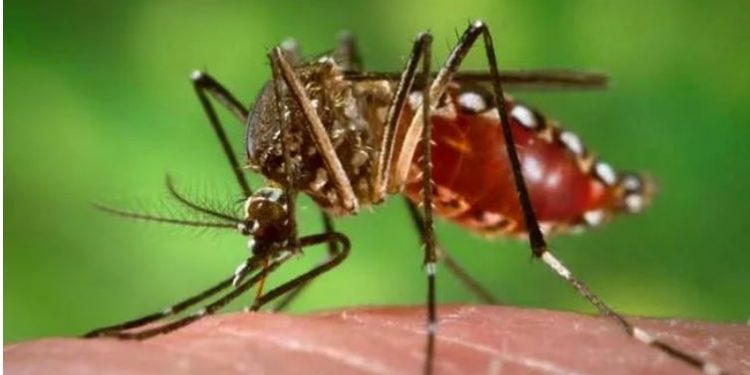Bhubaneswar: Amid a spurt in dengue cases, the state government has directed all District Magistrates (DMs) and five municipal commissioners to remain vigilant, identify hotspots and review availability of frontline workers, logistics and drugs for prevention and control of the vector-borne diseases. In her letter, Health and Family Welfare (H&FW) department Commissioner-cum-Secretary Shalini Pandit said Odisha may witness an uptick in cases of vector-borne diseases like dengue and malaria during and after the monsoon. “However, timely implementation of adequate measures can significantly reduce morbidity and mortality,” she said.
The Collectors were asked to convene district or municipal level meetings of all stakeholders to review the joint action plan. They were directed to map vulnerable pockets by analysing the epidemiological trend of the last five years and undertake intensified surveillance in these pockets. Pandit also asked the Collectors and municipal commissioners to ensure adequate tests, treatment and timely referral to higher health facilities, whenever required. “District and block Rapid Response Teams (RRTs) to be kept in readiness to manage adverse situations, and anti-larval and anti-adult (for vector) measures should be undertaken in addition to massive source reduction activities,” she mentioned. “Ensure availability of adequate drugs and diagnostics and dedicated wards with mosquito proofing in health institutions,” the H&FW Commissioner cum-Secretary further stated in the letter. The Collectors and municipal commissioners were also asked to ensure observation of weekly dry day and strengthening IEC-BCC activities on inter-personal communication so as to disseminate messages for prevention and control of dengue as per local need.
According to sources, the state has so far reported at least 200 dengue cases, with Khurda district that registered 30 incidents being the worst affected. The Capital City accounts for almost 50 per cen to the cases in Khurda. Bhubaneswar Mayor Sulochana Das said the civic body has been undertaking a host of measures to curb vector-borne diseases. “We are leaving no stone unturned towards curbing stagnation of water in residential areas. Soon, we’ll be hosting roadshows, especially in slums, to create awareness among the people. Fogging has been intensified,” added Das.
ARINDAM GANGULY, OP






































